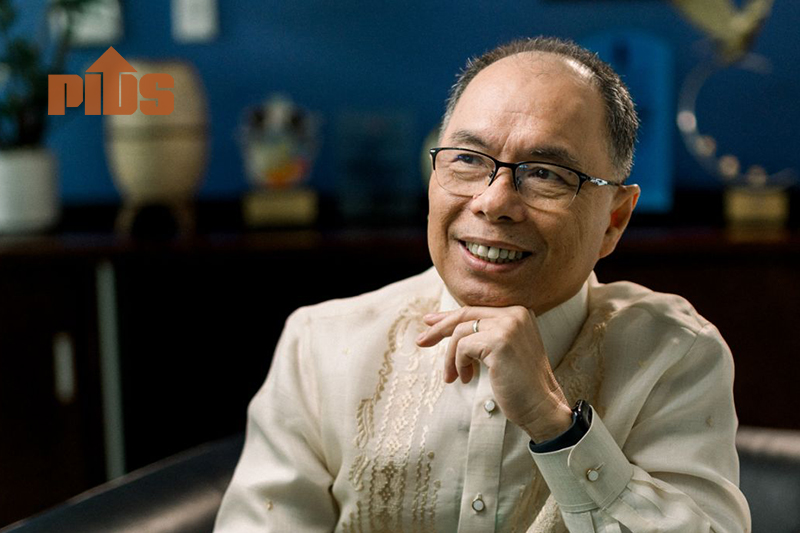The Philippines needs to implement a competition policy promoting the adoption of sectoral approaches, particularly those which more relevant to the bus transport sector in an effort to address market inefficiencies.
A study released by the Philippine Institute for Development Studies (PIDS) said transport market inefficiencies manifest in too many operators and buses and indiscipline in the road, adding to traffic congestion problems in the Metro.
"The fragmented nature of both the sector’s regulatory and supply side impedes synchronization among stakeholders and incurs huge costs to industry operators and the riding public,” it said.
To squarely address these problems, the study said the country’s competition reform must consider industry specific issues.
It cited the numerous operators and the limited network of roads that result in traffic congestion.
"The challenge for the regulator is to come up with a way to maximize social welfare (availability of affordable mode of transportation at a timely manner) through a mode of contracting (allocating routes) that is self-regulating, i.e., incentive compatible such that operators deploy the optimal number of buses given the needs of the metropolis,” it added.
Citing another study, the PIDS said the scope of competition policy currently being consolidated in the country encompasses prohibitions on anti-competitive practices, removal of investment restrictions, trade liberalization, and competent regulation.
"The way forward should optimize the trade-off between social costs and benefits of policy augmentation, execution, and enforcement,” it further said.
The study stressed that due consideration should be given to the welfare of industry operators, the common worker including drivers and conductors and the general commuting public.//












